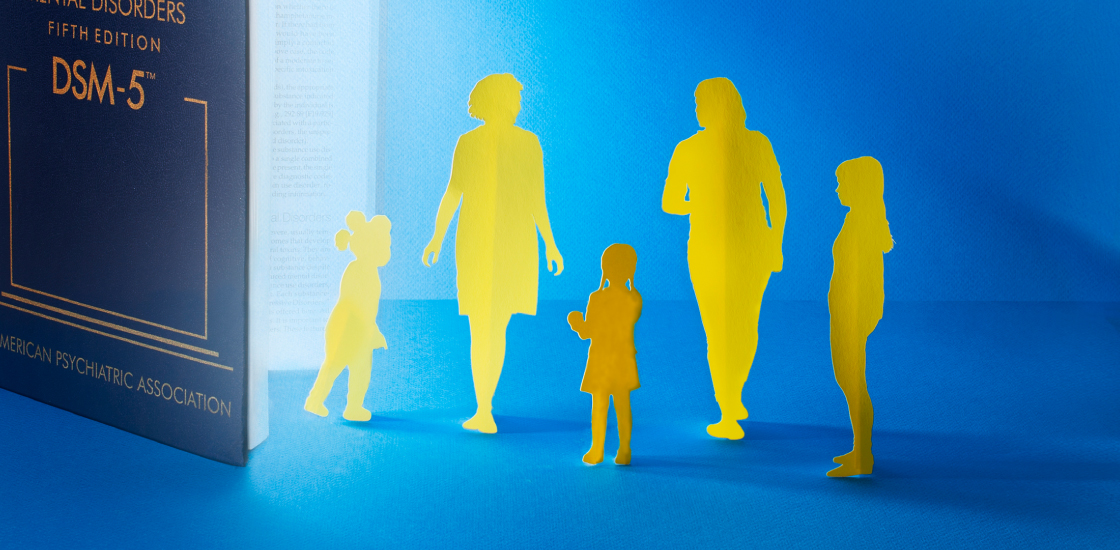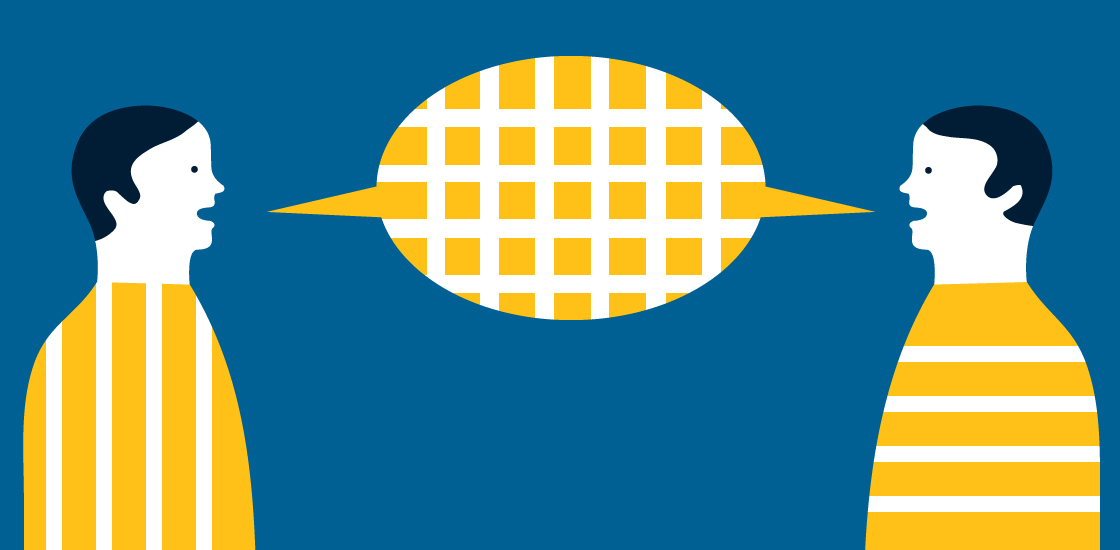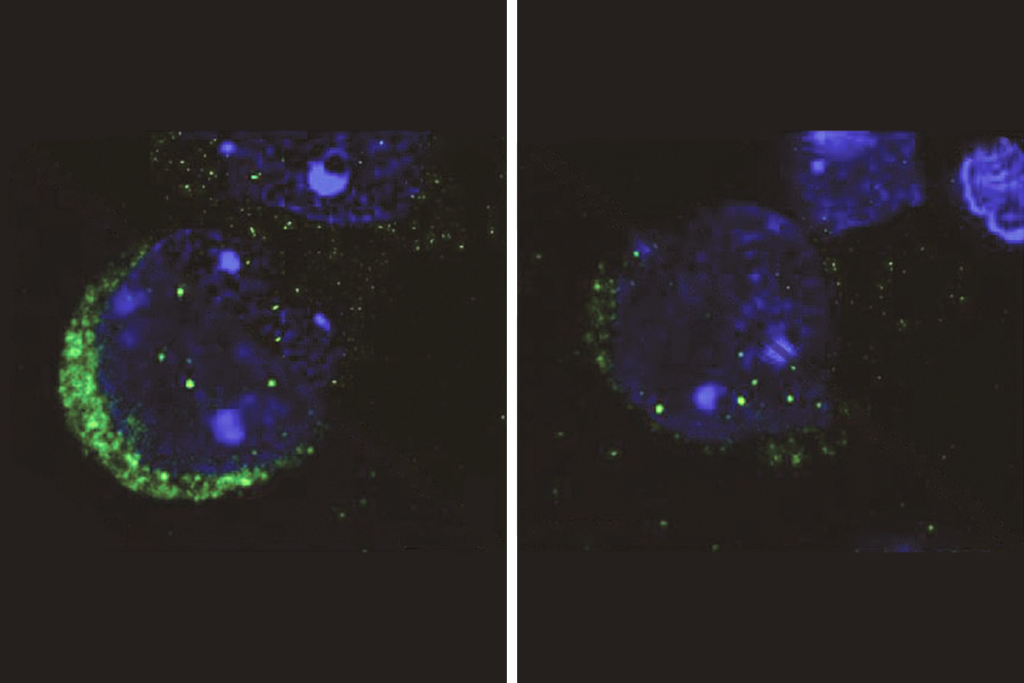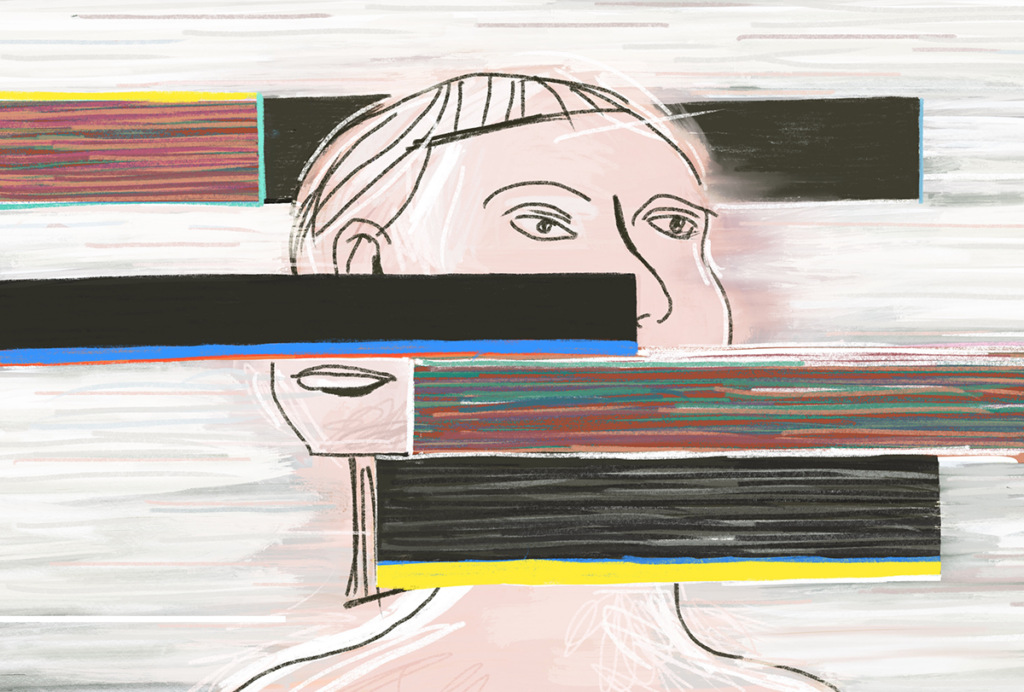William Mandy is professor of clinical psychology at University College London. He tweets @WillClinPsy.

William Mandy
Senior Lecturer
University College London
From this contributor
In DSM-5, guidance on girls with autism is short but savvy
The DSM-5 acknowledges how gender shapes autism more than any previous diagnostic manual has, but it’s time to fold in a few new findings.

In DSM-5, guidance on girls with autism is short but savvy
To partner with autism community, welcome dissenting opinions
Giving the autism community a voice in research means engaging in meaningful dialogue, not just making token gestures.

To partner with autism community, welcome dissenting opinions
Women with autism hide complex struggles behind masks
A new study shows that women with autism are continually misunderstood, work to camouflage their true selves and face a high risk of sexual abuse.

Women with autism hide complex struggles behind masks
Book review: Meet one person with autism
Taken at face value, a new translated memoir by a child with severe autism suggests that our official consensus needs a rethink, writes clinical psychologist William Mandy.
DSM-5 may better serve girls with autism
The newest edition of the Diagnostic and Statistical Manual of Mental Disorders overtly acknowledges that females with autism may have features that differ from those of males with the disorder, says William Mandy.
Explore more from The Transmitter
Acting NIH director dismisses four neuroscientists from advisory boards
The letters they received this week did not include a reason for their termination.

Acting NIH director dismisses four neuroscientists from advisory boards
The letters they received this week did not include a reason for their termination.
NIH neurodevelopmental assessment system now available as iPad app
Here is a roundup of autism-related news and research spotted around the web for the week of 24 March.

NIH neurodevelopmental assessment system now available as iPad app
Here is a roundup of autism-related news and research spotted around the web for the week of 24 March.
Keep sex as a biological variable: Don’t let NIH upheaval turn back the clock on scientific rigor
Even in the absence of any formal instruction to do so, we should continue to hold our ourselves and our neuroscience colleagues accountable for SABV practices.

Keep sex as a biological variable: Don’t let NIH upheaval turn back the clock on scientific rigor
Even in the absence of any formal instruction to do so, we should continue to hold our ourselves and our neuroscience colleagues accountable for SABV practices.
